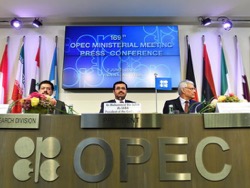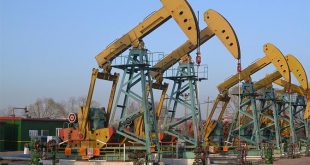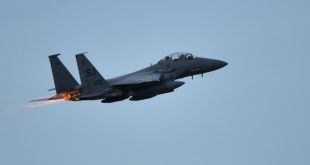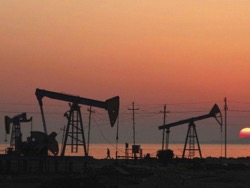
Global markets oil is traded at the price exceeding $ 40 per barrel, is so high, “black gold” was quoted from the beginning of December 2015. Last but not least up quotes of a barrel has pushed the recent statements by the Minister of energy of Russia Alexander Novak about that oil-producing countries, both incoming and not included in OPEC, will hold a new meeting between 20 March and 1 April. Its objective is to ensure global agreement on the freezing of oil production in order to achieve growth or at least stabilization of the price per barrel. Moscow, judging by accompanying her efforts, plays a key role in organizing the meeting, which is understandable. Since at the end of the summer of 2014 the price of a barrel collapsed, the Russian economy, which traditionally suffers high commodity dependence, has plunged into crisis, with no end in sight.
While details of the upcoming meeting of oil-producing countries are covered with fog. Even its location is yet to be determined. According to Alexander Novak, she can be held both in Moscow and Vienna and Doha. Although the other day the Bloomberg international news Agency has shared leaks that the meeting will be held in the Russian capital.
Incompletely understood and the participants – in addition to Saudi Arabia and Russia, Bloomberg, for example, calls Nigeria. Novak, for his part, suggested that the meeting may participate in Azerbaijan and Kazakhstan. The main intrigue – whether will join the negotiators of Iran, while not supporting the idea of freezing.
The details and essence of the forthcoming negotiations, of course, important. But perhaps more important is the fact that in the last three weeks oil-producing countries have made since the summer of 2014, attempt to negotiate with each other about reducing or at least freezing of production – in order to influence the market and cause the barrel to move from decline to growth.
Still, the situation looked absurd: oil in collapse mode became cheaper due to the fact that the proposal of “black gold” in the world greatly exceeded the demand, and the oil of the country on this background, further increased production, fearing to lose their market share. Thus they actually sawed the branch on which you sit, cutting its budget revenues. As a result, Venezuela’s economy was in collapse, Russia and Azerbaijan are going through a painful crisis, in the US shale industry is bent, the budget of Saudi Arabia is bursting at the seams, and even prosperous Norway has passed in a mode of rigid economy…
In General, bad in varying degrees, to all, and particular beneficiaries in this situation are not visible. One would imagine in such a role China is one of the main importers of oil, which, in theory, beneficial to cheap fuel. But Chinese economy is showing the slowest rate of growth in the twenty-first century, and the financial system of China is in clear crisis. In short, the reasons to sit at the negotiating table among stakeholders is more than enough. Here are just a mechanism for conducting such negotiations and the adoption of such solutions in the modern world was not.
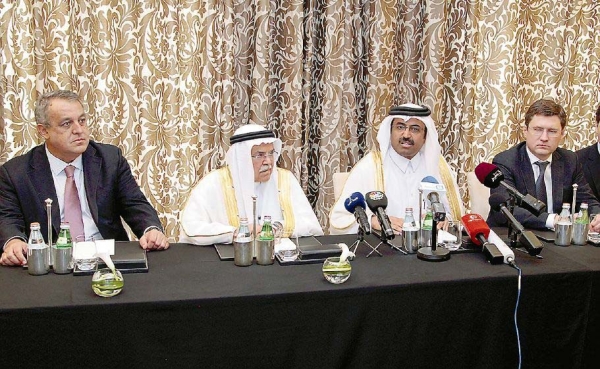
Photo: EPA
 That is, formally, the mechanism is there, it is the Organization of countries – exporters of oil (OPEC), which was created in order to influence the market and prices. And, I must say, in the past she did it. For example, in 1998, quotes “black gold” has decreased in 2,5 times – to $ 10 per barrel. OPEC managed to agree on a gradual decline. The effect was not long in coming – for the year prices rose to $ 30. Even two years later, history repeated itself – the cost of raw materials fell below $ 19. OPEC and independent producers again reduced production and brought the quotes to almost 27 dollars.
That is, formally, the mechanism is there, it is the Organization of countries – exporters of oil (OPEC), which was created in order to influence the market and prices. And, I must say, in the past she did it. For example, in 1998, quotes “black gold” has decreased in 2,5 times – to $ 10 per barrel. OPEC managed to agree on a gradual decline. The effect was not long in coming – for the year prices rose to $ 30. Even two years later, history repeated itself – the cost of raw materials fell below $ 19. OPEC and independent producers again reduced production and brought the quotes to almost 27 dollars.
However, in the past two years, this mechanism does not work. Probably the fact that the undisputed leader of the organization – Saudi Arabia – as is commonly believed, by itself and initiated the “price wars”. Saudi leaders have repeatedly stated that high-cost (mostly shale) projects must be squeezed out of the market. Primarily it was about the American, along with Brazilian, canadian, Russian projects.
Be that as it may, in the opinion of the majority of respondents “NEITHER” of experts, in its current form OPEC have been discredited since a long time already does not comply with its own quota. So, in January the countries of the cartel, according to the OPEC, in the aggregate, produced more than 32 million barrels per day, while the limit was set at 30 million barrels.
But in mid-February, the winds blew the other way. At least, Russia, Saudi Arabia, Qatar and Venezuela have agreed to fix the oil production at the level of January. It is clear that the agreement can play a significant role only if it will join all the key players on the global oil market. While it can be stated that the agreement was publicly supported by a number of OPEC countries (Ecuador, Algeria, Nigeria and Kuwait), as well as Oman, are not included in the cartel. All in all, according to Novak, the decision to stabilize the oil production was publicly supported by 15 countries, producing 73% of oil in the world.
In this regard, the 8th of March the American edition of Business Insider published an article that claimed that at the present time forming a new oil cartel led by Moscow, under the control of which may be nearly three-quarters of world production of oil. Edition even came up with the name for the new Association – ROPEC (Russia and OPEC). However, this is still conspiracy theory, and nothing more.
By the way, from Moscow’s accession to the agreement will not require much effort, experts believe. Russia in January were at a historic peak, and its goal is to at least hold this level on the background of the depletion of fields in Western Siberia. Alternatives don’t have, according to the partner of consulting company RusEnergy Mikhail Krutikhin is the latest at the moment running in order Vankor field was (in 2009). And at current oil prices, the launch of the new – the question is clearly not the immediate time.
Most worrisome is the position of Iran, which after the lifting of Western sanctions began to increase production and export (only in January, the Islamic Republic increased production by 0.4 million barrels per day). It is noteworthy that the words of Iran, on the one hand, declares its readiness to support the idea of fixation of production, on the other – rests on the fact that during the years of Western sanctions have lost much and now has the right to increase production to preganglionic levels.
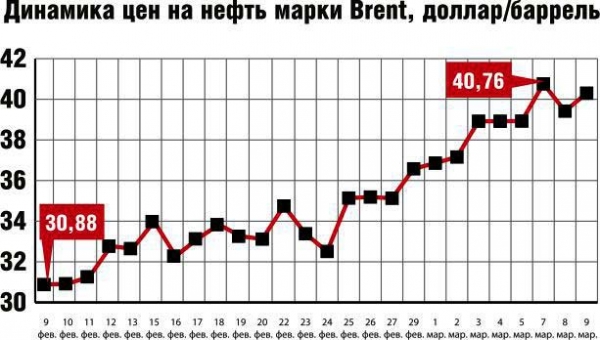
 Meanwhile, since the first agreement between the countries of the “freezing” of production became public, the barrel is constantly going up – though not by any record pace. However, for the last three weeks the price of Brent crude rose from 32 to 40 dollars. Experts, however, attribute this rise solely to the fact of negotiations, but to deny its impact on the market and the mood of punters impossible.
Meanwhile, since the first agreement between the countries of the “freezing” of production became public, the barrel is constantly going up – though not by any record pace. However, for the last three weeks the price of Brent crude rose from 32 to 40 dollars. Experts, however, attribute this rise solely to the fact of negotiations, but to deny its impact on the market and the mood of punters impossible.
According to the Director of energy development Fund Michael pikina, the agreement of Russia and the OPEC countries to freeze production factor is positive: “Because the country has finally agreed on something, it is a step in the right direction, because Russia had a similar agreement with OPEC from the end of the last century”. At the same time, he noted that Saudi Arabia and Russia have agreed to freeze production at the level of 11 January, but at this level, production is on the technical highs. “The reduction not occurred, and this is clearly not what they had expected the market,” fears the expert.
Indeed, to crow about the initial agreements about the freezing of production of “black gold” is clearly early. The element of volatility will not go away from the oil market, and to say that henceforth the barrel “sentenced” to growth – is clearly premature.
“The price wars continue and will continue because the Saudis are extremely concerned about U.S. shale oil, commented “NEITHER” situation Mikhail Krutikhin. – In addition, are actually no real agreements about the freezing of production of no. The Saudis will fight for market share, dumping including in Europe, where people will compete with Russian oil.”
Be that as it may, the negotiations will continue – that’s the way the countries – manufacturers of oil simply does not. “OPEC and outside OPEC needs to act quickly to restore equilibrium of supply and demand in the world market, otherwise he will suffer a greater harm from which it will be difficult to recover,” – says the Manager of OPEC from Iraq, Falah Alamri.
The head of analytical Department of national energy security Fund Alexander Pasechnik for its part believes that the oversupply in the oil market will shrink in a natural way – by reducing investment in the oil sector. “The balance of supply and demand will be achieved, most likely by the end of 2016 or early 2017,” predicts the expert.




